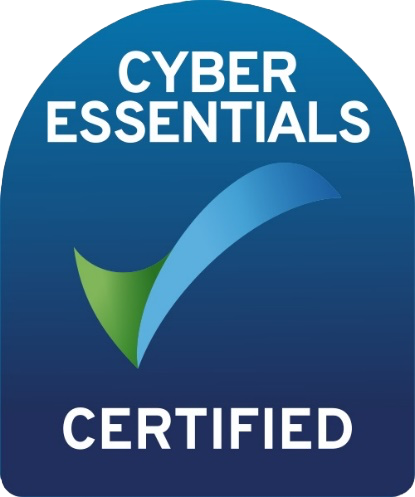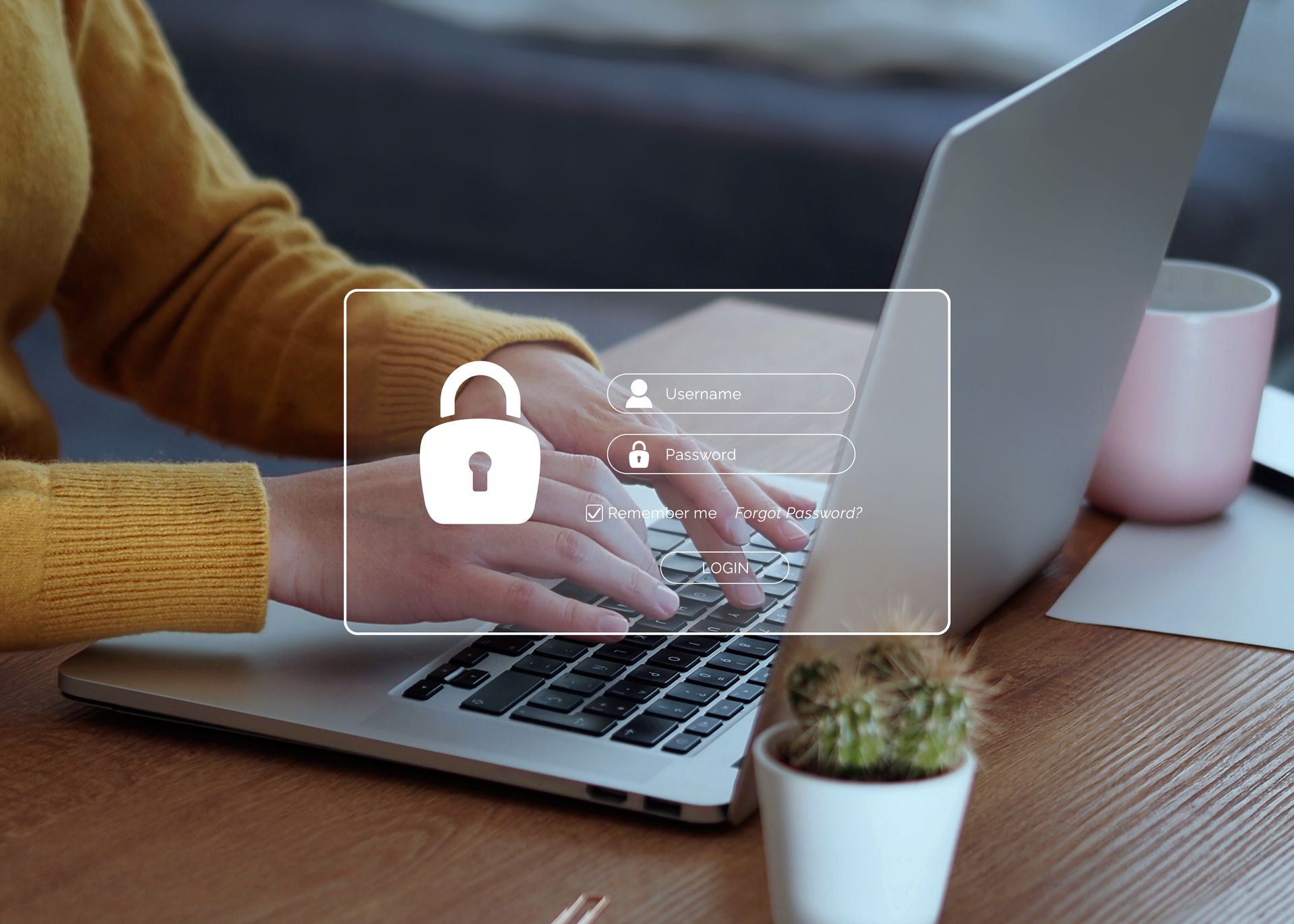The Importance of Using Strong Passwords in Your Small Business
Why Are Strong Passwords Important?
In short, strong passwords are important because they help protect your sensitive information and accounts from unauthorised access.

Defending Against Brute Force Attacks
Mitigating the Risk of Password Guessing
Preventing Credential Stuffing Attacks
Protecting Business and Customer Data
Introduction
In today's interconnected world, small business owners must prioritise the security of their digital assets. One crucial aspect of this is the use of strong passwords. However, many owners and employees of small businesses underestimate the importance of creating robust passwords to protect their sensitive information.
In this article, we'll discuss why strong passwords are vital for small businesses and how they can safeguard their digital assets. So, let's dive in and explore the significance of strong passwords in protecting your online identity and business data.
Defending Against Brute Force Attacks
Small businesses, just like larger enterprises, are at risk of brute force attacks. A brute force attack is when cyber criminals systematically try various password combinations until they find the right one. Weak passwords, such as "password123" or "admin123," make it easy for attackers to gain unauthorised access to your business accounts. However, using strong passwords with a combination of uppercase and lowercase letters, numbers, and symbols significantly increases the password's complexity and makes it exponentially more difficult for attackers to crack them.
By implementing strong passwords, you create a formidable barrier against brute force attacks, protecting your business data from theft, and your business accounts from unauthorised access.
It's also important to educate your employees about the importance of strong passwords and establish password policies that enforce the use of complex and unique passwords. This collective effort strengthens your overall cyber security posture.
Mitigating the Risk of Password Guessing
Cyber criminals often rely on password guessing to gain access to business accounts. They take advantage of weak passwords that are easily guessable, such as birthdates, names, or commonly used words. As a small business owner, it is crucial to avoid predictable choices and opt for strong passwords that are unrelated to personal information or common words. By utilising strong passwords, you minimise the risk of unauthorised access and protect your business data from being compromised.
Encourage your employees to choose unique passwords that are difficult to guess and emphasise the importance of password security in your company culture.
Preventing Credential Stuffing Attacks
Small businesses are not immune to credential stuffing attacks. These attacks occur when cyber criminals use stolen login credentials from one website to gain unauthorised access to other accounts. This is particularly dangerous if employees reuse passwords across multiple platforms. By enforcing the use of strong, unique passwords for each account, you can prevent credential stuffing attacks. Even if one account is compromised, the rest of your business accounts remain secure. Educate your employees about the risks of password reuse and promote the use of password managers to generate and store complex, unique passwords for their accounts.
Protecting Business and Customer Data
As a small business owner, you handle not only your own sensitive information but also that of your customers. Weak passwords put this valuable data at risk. Imagine the consequences if unauthorised individuals gain access to your business email, financial accounts, or customer databases. Strong passwords act as a shield, preventing unauthorised access and safeguarding your business and customer data from falling into the wrong hands. By utilising strong passwords, you take a proactive step in protecting your company's digital identity and maintaining the trust of your customers.
To further enhance data protection, consider implementing multi-factor authentication (MFA) wherever possible. MFA adds an additional layer of security by requiring employees to provide an extra form of verification, such as a fingerprint scan or a unique code sent to their mobile device, in addition to their password.
Complying with Regulatory Requirements
Small businesses, like any other organisation, must comply with regulatory requirements concerning data protection and privacy. Regulations such as the General Data Protection Regulation (GDPR) in the UK impose strict standards on how businesses handle personal information. Strong passwords are a fundamental component of data security and a key requirement for regulatory compliance. By implementing strong passwords, small business owners demonstrate their commitment to data protection and ensure they are meeting legal obligations.
Conclusion
As a small business owner, the security of your digital assets should be a top priority. By using strong passwords, you defend your business against brute force attacks, password guessing, credential stuffing attacks, and unauthorised access to your valuable data. Strong passwords also contribute to regulatory compliance and foster trust among your customers.
By emphasising the importance of strong passwords, educating your employees, and implementing best practices, you fortify your company's digital assets against potential threats. Remember, a small investment in password security can yield significant returns in safeguarding the reputation and success of your small business. Stay vigilant, stay protected!


Office 51, 151 Trafalgar Road
Greenwich
London
SE10 9TX
Email: contact@quantumcs.co.uk
Tel: 020 3062 5814

All Rights Reserved | Quantum Consultancy Services





